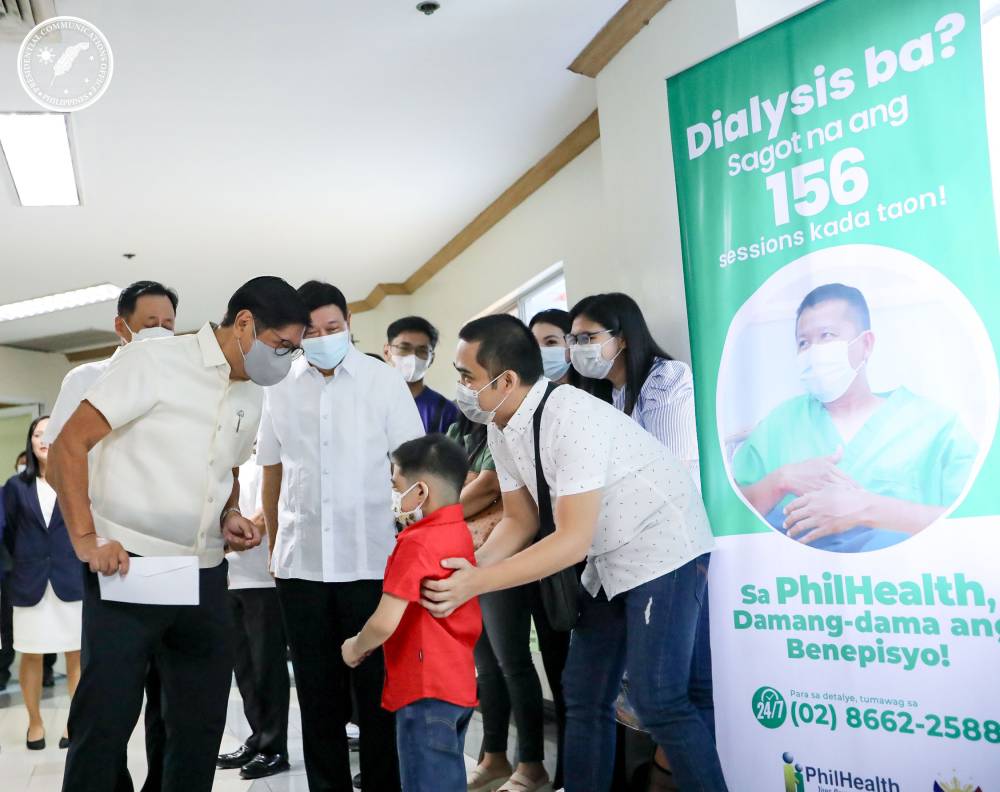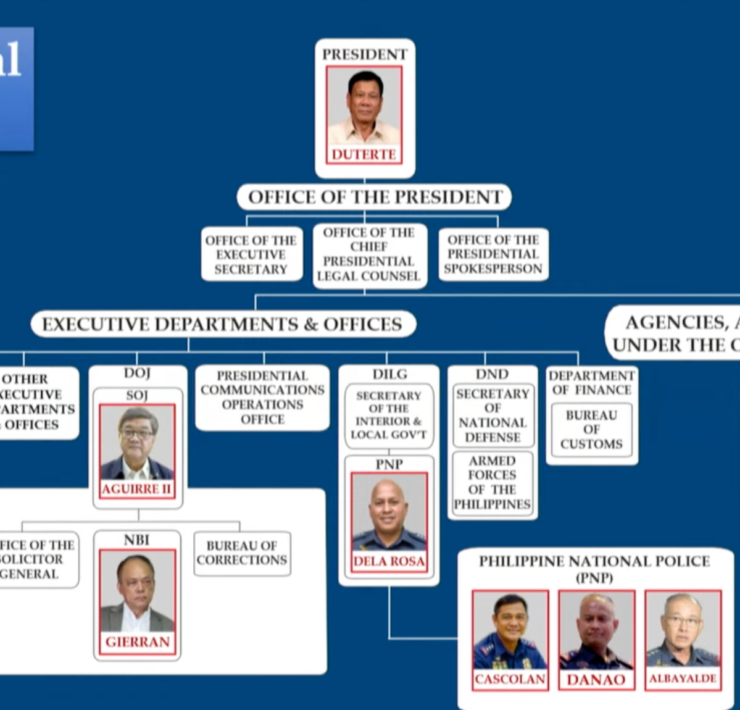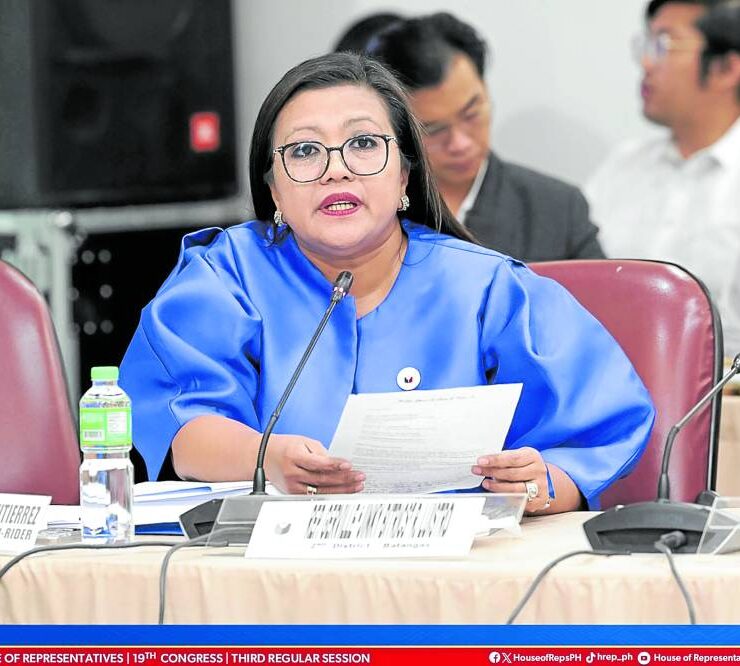PhilHealth coverage for both kidney transplant patients, organ donors

The Philippine Health Insurance Corp. (PhilHealth) will now shoulder the cost of medications and tests for end-stage or stage 5 chronic kidney disease (CKD5) patients who have undergone kidney transplants, as well as related expenses incurred by their living organ donors.
President Marcos led the launch of PhilHealth’s newest Z-Benefit Package for post-kidney transplantation services for children and adults, during a visit to the National Kidney Transplant Institute (NKTI) in Quezon City on June 19.
Under PhilHealth Circular Nos. (PCN) 2025-0011 and 2025-0012 signed by Philhealth president and CEO Dr. Edwin Mercado, the state health insurer will shoulder the expenses of patients undergoing kidney transplants — amounting to more than P1.7 million for children patients and about P660,000 for adult patients.
The new benefit packages, which take effect on July 5, also cover tests needed to monitor the health of kidney donors such as creatinine, urinalysis, fasting blood sugar (FBS), random urine protein-to-creatinine ratio (UPCR), and random urine albumin-to-creatinine ratio (UACR).
PhilHealth said the new benefits packages “will support patients in managing the chronic care of kidney transplantation, reduce complications, minimize the risk of organ rejection, and increase survival rates.”
Medications, monitoring
Under PCN 2025-0011, pediatric patients are entitled to receive the following benefits: P73,065 per month for immunosuppressive medications in the first year of kidney transplant; P45,570 per month for drug prophylaxis; P74,000 for drug level monitoring in the initial year; P150,340 for laboratory tests in the initial year; P77,000 for renal graft biopsy; P4,000 for chest x-ray and P3,400 for renal graft doppler once a year; and P3,800 per year for living donor monitoring.
Pediatric patients are also entitled to infectious disease monitoring of up to P208,380 in the initial year of post-transplant and other ancillary services such as anti-HLA DSA (donor specific antibody), serum iron, ferritin, and total iron binding capacity (TTBC).
Under PCN 2025-0012, adult kidney transplant patients may avail themselves of the benefit package amounting to P40,725 per month for immunosuppressive medications; P18,932 for six months’ prescription of drug prophylaxis; P31,000 for drug monitoring in the initial year; P11,242 for every three months of laboratory services in the first year; as well as renal graft biopsy, diagnostic tests and living donor monitoring.
“One of the highest incidences of diseases in the Philippines is chronic kidney disease, this is why we have responded this way,” Mr. Marcos said.
Not for the poor
About 2.3 million Filipinos have CKD, according to the latest reports—with health authorities raising the alarm over the increasing number of younger patients needing dialysis.
The prevalence of CKD in the country is at 35.94 percent—way higher than the global average of 9.1 percent to 13.4 percent.
Kidney transplantation is considered the “gold standard” treatment option for CKD5 patients to prolong their life expectancy and improve their quality of life.
However, kidney transplantation is not for the poor. The operation alone costs P1.2 million, and finding a suitable donor may be difficult.
Filipino families are also burdened by additional medical costs even after a successful transplant, since patients require lifelong medication in managing organ rejection.
Patients need about P30,000 a month to maintain anti-rejection medicines and laboratory tests.
Good eating habits
In a recent Palace press briefing, NKTI executive director Dr. Jose Dante Dator said “Many of CKD5 patients undergoing dialysis are afraid of getting a kidney transplant because after the transplant comes the tests, medicines and treatment which will cost a lot.”
“But with this front-to-end program, we are hoping that more patients will be encouraged to push through with the kidney transplant operation,” he added.
PhilHealth had earlier expanded benefits for CKD patients in January, raising coverage for kidney transplantation, for instance, from P600,000 to more than P2 million.
During his visit to NKTI, the President urged Filipinos to ensure children develop good eating habits, particularly limiting their sugar intake.
Diabetes, when not managed, can damage small blood vessels in the kidneys, leading to CKD.
“That’s why we also need to create programs, teach children to avoid a diet consisting of sugary foods,” Mr. Marcos said.





















